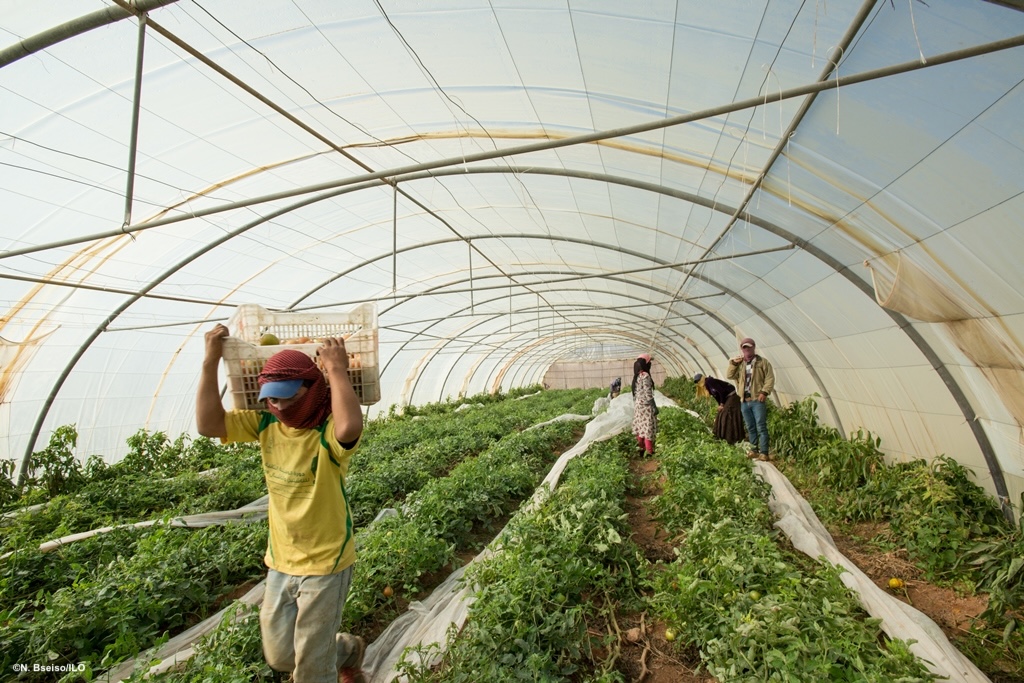Sodfa Mohamed

Recent years have seen a growing recognition of the need for social protection systems that are climate sensitive, resilient, eco-intelligent and adaptive. Such systems combine measures to respond to environmental disasters with preparedness for extreme climate events while minimizing the long-term impacts on the most vulnerable groups (Ulrichs et al., 2019).
The impact of climate change will be especially acute in developing countries, exacerbating existing problems with food security, water scarcity and disease prevalence (Bharadwaj et al., 2021). Nevertheless, some developing countries are offering practical experience and encouraging lessons to the rest of the world, including Egypt, about the role social protection systems can play in mitigating the knock-on effect of climate change (Vaziralli, 2021).
To read the full article: click here
Disclaimer: Except for articles published on Blog Tadamon and the content of the resource pages, all materials on this website, including their respective photographs, are indexed from their original sources. All rights remain with the respective copyright holders.

Comments are closed, but trackbacks and pingbacks are open.